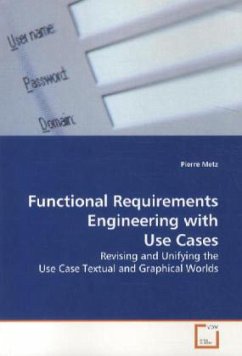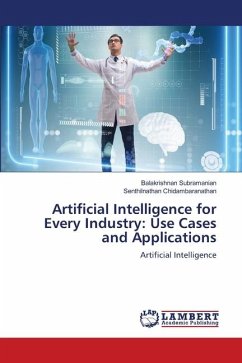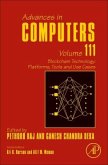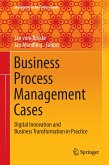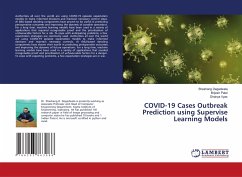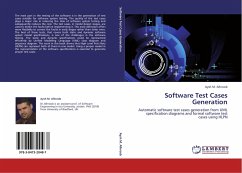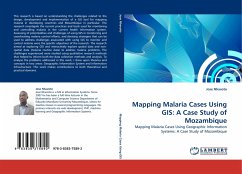This Ph.D. thesis traces the evolution of use cases from the initial suggestion by Jacobson et al. in OOSE until today. This tracing reveals that there are two distinct streams of development: the textual world being literature concentrating on textual use case properties, i.e. use case writing techniques and use case templates. The graphical world that has been developed in parallel with the use case template progression is UML which defines the standard for the use case diagram notation and its semantics. Yet unreported weaknesses, contradictions, and significant problems in both the textual and the graphical worlds are identified. It is further highlighted that the two worlds have been inconsistent with each other; a seamless mapping and alignment is not possible. Consequently, use case models created in practice can be dangerously ambiguous. This thesis solves the weaknesses and contradictions identified by introducing necessary refinements to the textual use case writingcalculus and by fixing fundamental errors in, and suggesting modifications and additions to, UML s v1.3 metamodel, thereby contributing to functional requirements engineering in practice.

